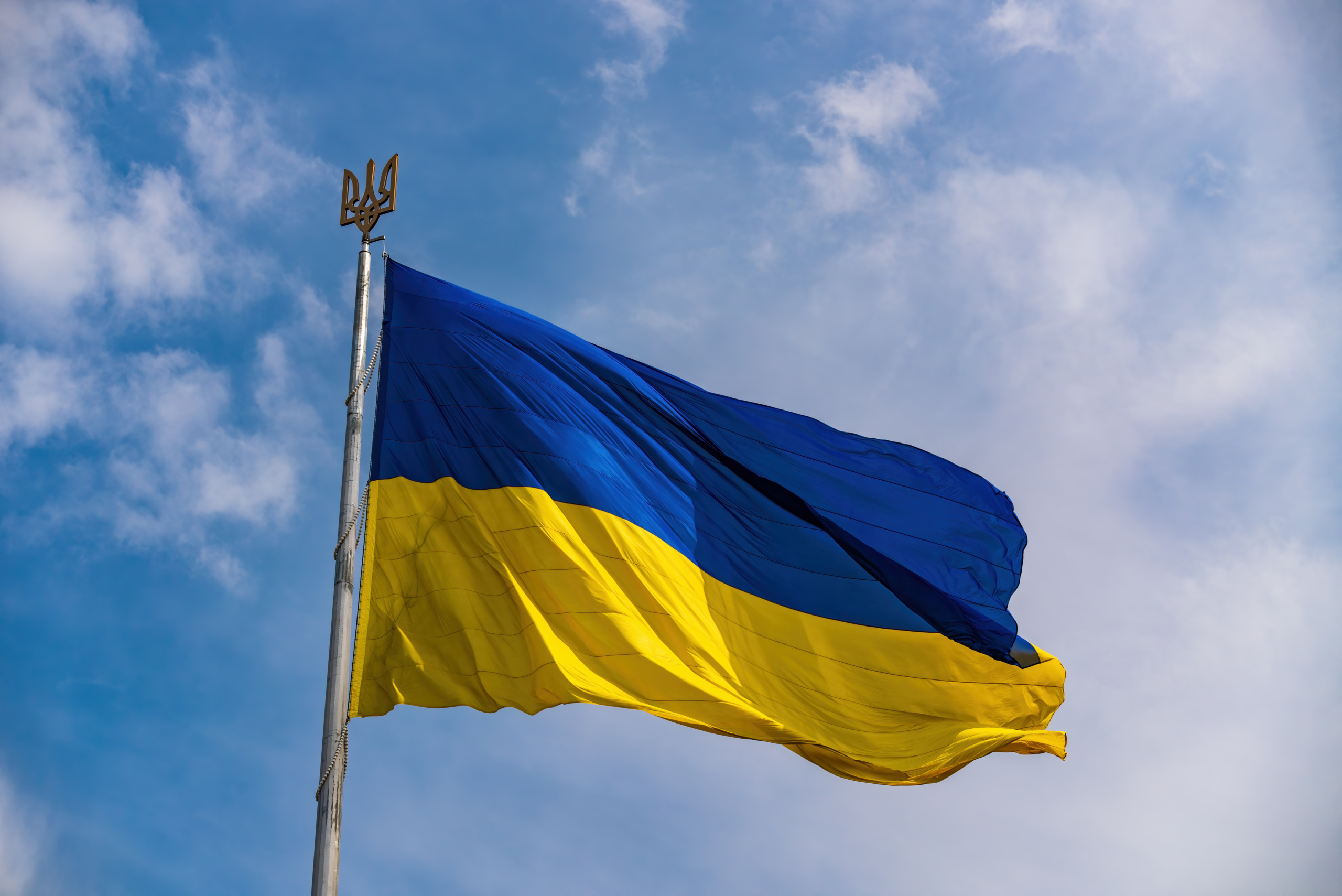
Jill Hruby
Sam Nunn Distinguished Fellow
Washington, DC – The first detailed, exclusively open-source assessment of the five new nuclear weapon systems announced by Russian President Vladimir Putin was released today by the Nuclear Threat Initiative (NTI), alongside a new analysis underscoring the need to extend the New STARTvTreaty based on the report’s findings.
Authored by Jill Hruby, NTI’s inaugural Sam Nunn Distinguished Fellow and a former director of Sandia National Laboratories, the report, Russia’s New Nuclear Weapon Delivery Systems: An Open-Source Technical Review, provides insight into the technical characteristics, deploymentvschedule, and military objectives for each of the five systems, plus one additional system that may be nuclear capable in the future.
Asvthe strategic relationship between the United States and Russia continues to deteriorate, “understanding and following the development of the new Russian nuclear- weapon delivery systems is important for future arms control agreements and strategic stability policy decisions,” writes Hruby.
“The development of these weapons systems at this particular time, as well as some of the nuclear policies the United States is pursuing, should be a wake-up call for action on renewing dialogue and cooperation with Russia to prevent nuclear catastrophe,” NTI co-chairs Ernest J. Moniz and Sam Nunn write in the foreword to Hruby’s report.
Through extensive research, Hruby concludes that technical and safety issues associated with some of Russia’s new weapon delivery systems may delay their development and deployment beyond what has been reported to date in other open sources. The delays “may offer some additional time for U.S. and Russian leaders to re-engage and renew crucial dialogue and cooperation,” Moniz and Nunn wrote. “They should do so now. Before it’s too late.”
An accompanying analysis, Russia’s New Nuclear Weapon Delivery Systems: Implications for New START, Future Arms Control, and Strategic Stability, by NTI experts Mark Melamed and Lynn Rusten, draws on Hruby’s technical assessment. The paper concludes that “extending New START would ensure that significant new Russian systems would be subject to limits and verification and would provide a forum for discussing the other strategic systems that are further away in time from deployment.”
New START is set to expire in 2021 but could be extended to 2026, under the terms of the agreement. “Extending New START until February 2026 would preserve numerical limits on and verification of Russian strategic systems, including the two new ones expected to be deployed before 2026,” write Melamed and Rusten, and would “buy time for negotiations on other ‘new kinds’ of strategic systems, which Hruby’s report assesses, are not likely to be deployed before 2026.”
The authors also note that as the United States, Russia, China, and others continue to develop new technologies and capabilities, understanding and reducing nuclear risks is ever more critical, especially as political tensions remain high.
The report and paper are designed to serve as a starting point for further analysis of how strategic stability is affected by the development, deployment, and interaction of new types of weapon systems and technologies, including nuclear and conventional prompt-strike and hypersonic delivery vehicles, and other capabilities such as missile defense, cyber, and artificial intelligence.
“It is critical to examine how the risks of technological advances can be mitigated and their benefits realized,” Melamed and Rusten conclude, “particularly when it comes to avoiding the existential threat of nuclear war.”
###
About the Nuclear Threat Initiative
The Nuclear Threat Initiative works to protect our lives, environment, and quality of life now and for future generations. We work to prevent catastrophic attacks with weapons of mass destruction and disruption (WMDD)—nuclear, biological, radiological, chemical, and cyber.
Sign up for our newsletter to get the latest on nuclear and biological threats.
The paper highlights the need for renewed attention to the catastrophic effects of nuclear conflict as a crucial step toward reducing the risk of nuclear use.
A new report from NTI highlights the critical need for a global diplomatic approach to address growing cyber risks, including, where possible, through cooperation between the United States and Russia.
As the war in Ukraine continues, destroying cities and causing the worst humanitarian crisis in Europe in a generation, NTI’s policy experts are fanning out across the news media to discuss the implications of Putin’s actions



